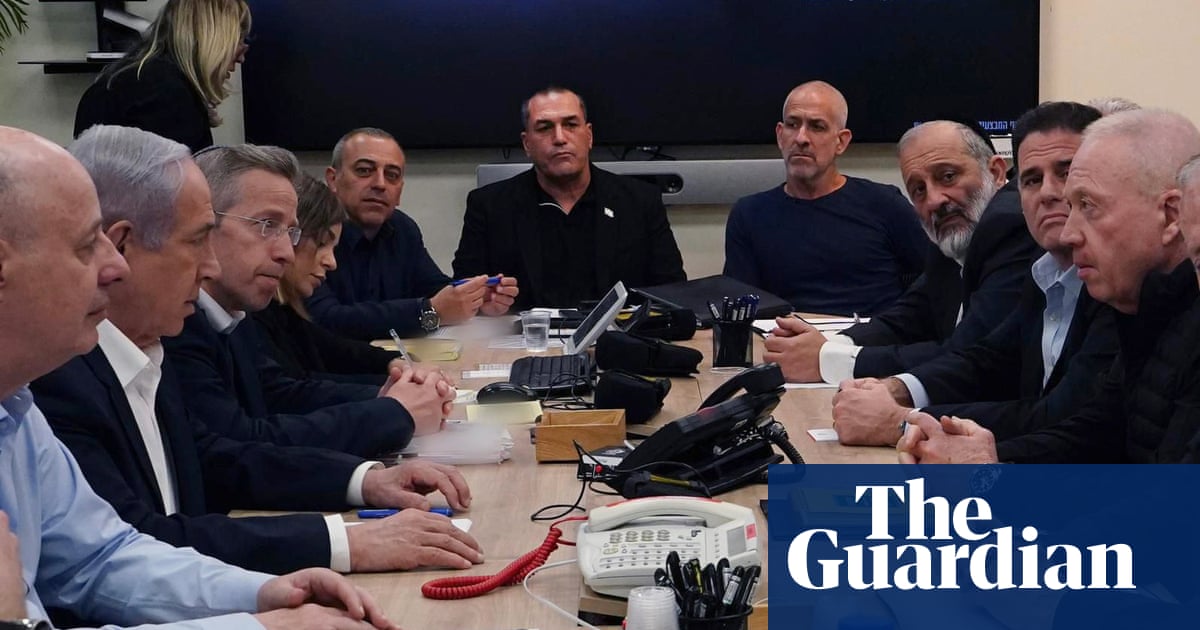
In the early hours of Thursday morning, the much-anticipated Iranian missile launch on the Israeli-occupied Golan Heights took place. Ever since Israel increased its frequency of attacks on military bases in Syria — in particular those manned by Iranian forces and their Hezbollah allies — a few weeks ago, the clock counting down to an Iranian retaliation had been ticking.
Israeli security forces braced themselves for an attack, though the place, time and magnitude was unknown. When it eventually happened, 20 rockets were fired by Iran’s Quds Force — a special unit affiliated with the Islamic Revolutionary Guard Corps — at frontline Israeli posts in the Golan Heights. The rockets were all either intercepted or failed to cross the border between Israel and Syria. This represents a major failure for Iran in its ability to respond to Israel’s military operations against its installations in Syria.
Israel’s instant military response, striking from the air dozens of Iranian targets in Syria, leaves both countries on the brink of open hostilities. It remains to be seen whether they are capable of withdrawing from the brink of war, bearing in mind that Wednesday night was the first time that Iran had directly attacked Israel militarily, and that Israel openly admitted it targeted Iranian forces in its northeastern neighbor. This is a patent escalation that, without diplomatic intervention from the outside, might spiral out of control, especially in the extremely volatile Syrian context.
For the more than seven years since the conflict in Syria broke out, Tel Aviv had maintained a restrained approach toward developments there, limiting its intervention in the hostilities to situations only when it felt threatened. It was a conscientious decision, based on intelligence assessment, that Israel had nothing to gain from such an intervention and, even if it wanted to influence the situation there to serve its interests, it had no capacity to do so. It made a clear decision, which was relayed to its enemies across the border, that it would not tolerate the arming of Hezbollah by Iran with weapons that might endanger it, and it would respond militarily to any firing inside Israel from across the Syrian border. For most of the period since March 2011, the border was relatively calm and Israel could adhere to these red lines.
However, as the war in Syria raged on, the presence of Iranian military personnel in the country consistently increased. Toward the end of last year, Israeli Prime Minister Benjamin Netanyahu explicitly asserted: “We will not allow (Iran) to entrench itself militarily in Syria, as it seeks to do, for the express purpose of eradicating our state.” The writing was on the wall for months, as Israel has increasingly become unnerved by the Iranian presence in Syria; the growing military capabilities of Hezbollah in Lebanon, enabled by their patrons in Tehran; and by Iranian support for the Palestinian Islamist group Hamas. Israel under Netanyahu is a country with a siege mentality, even without seeing Iran in almost every direction it looks. With it, its sense of strategic claustrophobia multiplied.
It is impossible to separate the confrontation between Iran and Israel in Syria, and potentially in Lebanon, from the broader strategic picture, especially the Iran nuclear deal and US President Donald Trump’s decision to withdraw from the agreement earlier this week. In the mind of Israeli strategists, and especially the current Israeli government, Iran is an existential threat that has to be contained. From their perspective, the only way to do so was to abolish the Joint Comprehensive Plan of Action and, in the longer term, bring regime change to Tehran. Netanyahu has been advocating for this objective for years. For him, Trump’s decision was an exoneration of his long-held position.
Events this week injured Iran economically, military and its pride suffered a major blow, but this could spell danger too, as it still has the military capabilities to respond.
Yossi Mekelberg
Moreover, from the magnitude of the air force attack on Iranian forces and dozens of Iranian installations — including intelligence and logistics sites around Damascus, munitions warehouses, and observation and military posts — it is clear Israel had prepared for this operation for quite some time and was just waiting for the opportunity to present itself. Defense Minister Avigdor Lieberman asserted that the Israeli army had hit “nearly all the Iranian infrastructure in Syria” and that “they must remember that if it rains here (in Israel), it will pour there.”
Lieberman further stated: “I hope that we have finished this chapter and that everyone got the message.” Similarly, Netanyahu, who this week visited Moscow for meetings with President Vladimir Putin, insisted on the right of Israel to take any necessary steps to stop Iran from “attacking the state of Israel as part of their strategy to destroy the state of Israel.” One suspects that Putin gave the green light to Israel’s comprehensive attacks; otherwise it would have been a massive diplomatic insult and embarrassment had this happened behind his back, especially in a place where Russia has vital interests, a substantial military presence and involvement in the conflict.
Support for Israel also came from Washington, underlining Iran’s isolation. However, there must be a call for calm and caution.
Iran’s leaders suffered a double blow this week, with the US withdrawal from the nuclear deal and Israel’s military operation in Syria, which exposed its vulnerability. It might be the case that, in recent years, while the focus was on Iran’s pursuit of nuclear capability, the international community neglected to notice its pursuit of regional hegemony through more conventional means.
Events this week injured Iran economically, military and its pride suffered a major blow, but this could spell danger too, as it still has the military capabilities to respond. Moreover, it might embolden those more radical voices in the regime over the pragmatic ones, represented by President Hassan Rouhani and Foreign Minister Mohammed Javad Zarif.
The way forward should involve a concerted effort by the international community, including the UN Security Council, aimed at preventing further escalation. In the long run, it is imperative to explore peaceful means to reduce tensions between Iran and the region, otherwise what we witnessed on Thursday could be the prologue to another protracted and bloody conflict in the Middle East — and maybe beyond.
Yossi Mekelberg is professor of international relations at Regent’s University London, where he is head of the International Relations and Social Sciences Program. He is also an associate fellow of the MENA Program at Chatham House. He is a regular contributor to the international written and electronic media. Twitter: @YMekelberg












